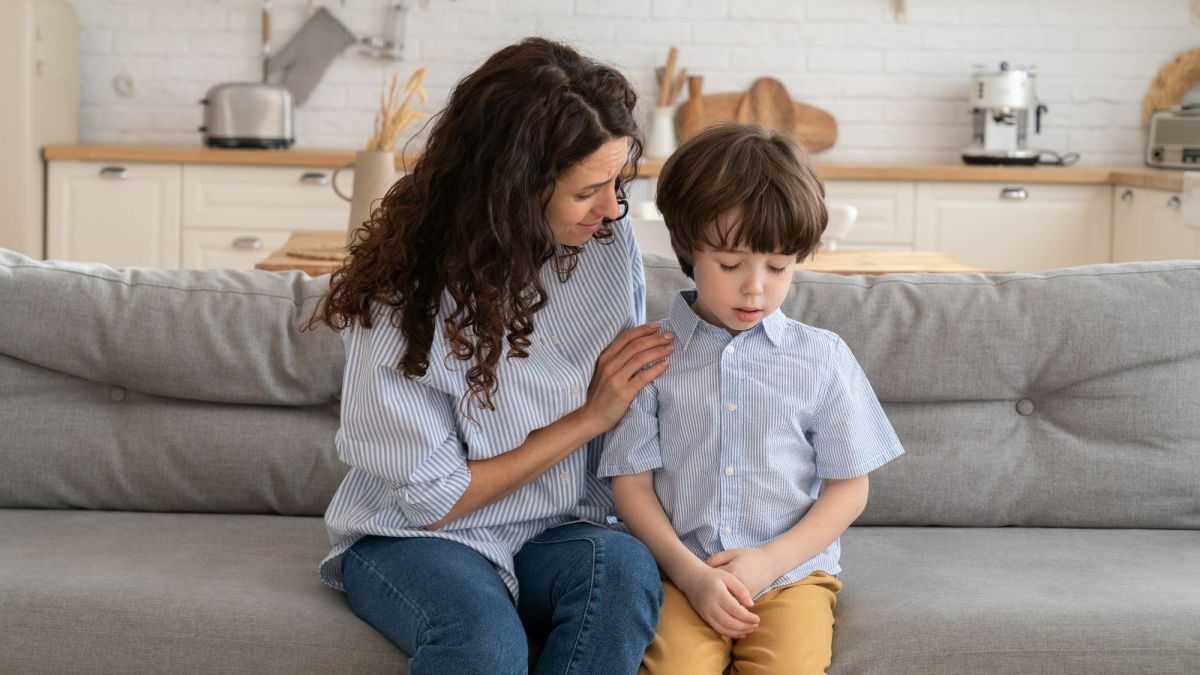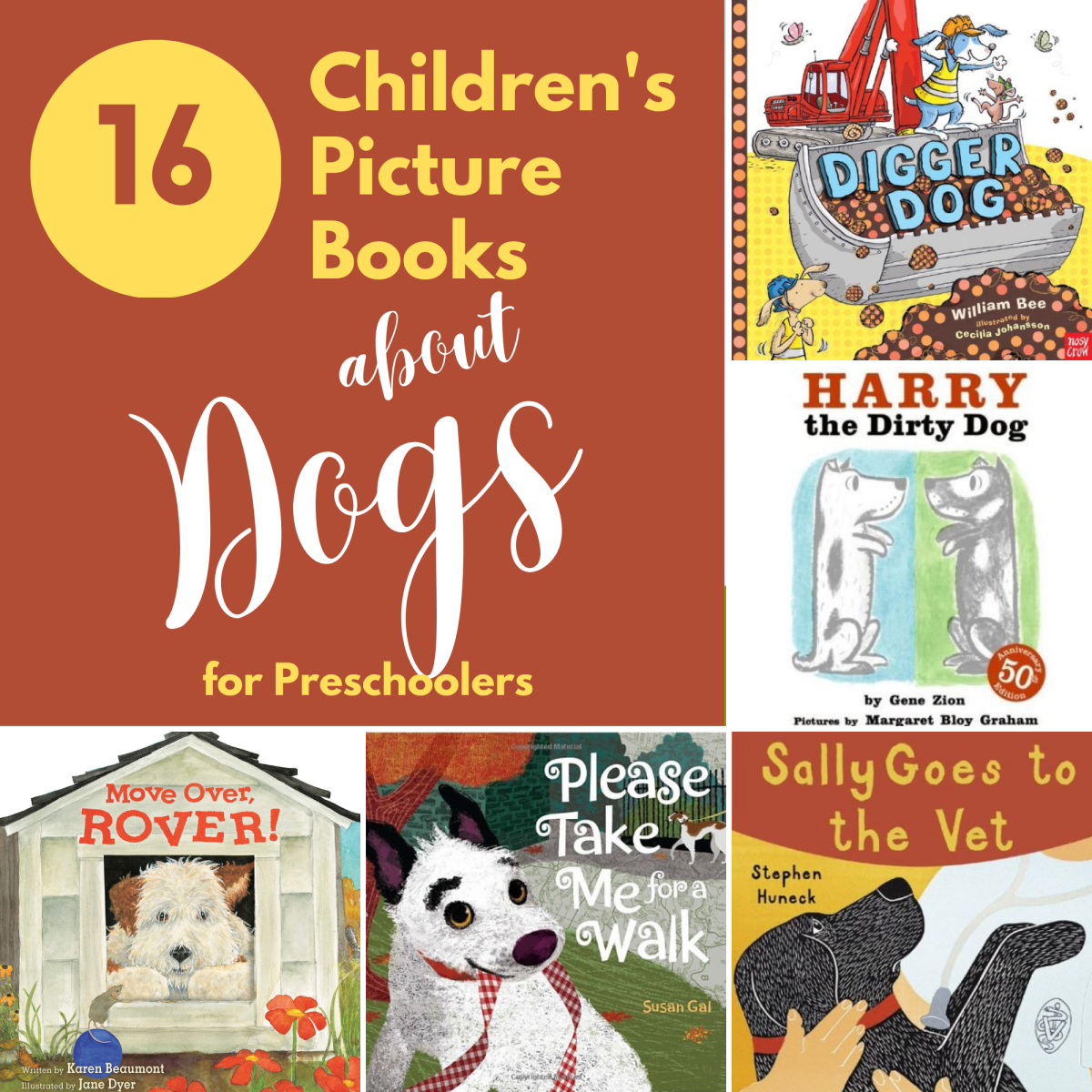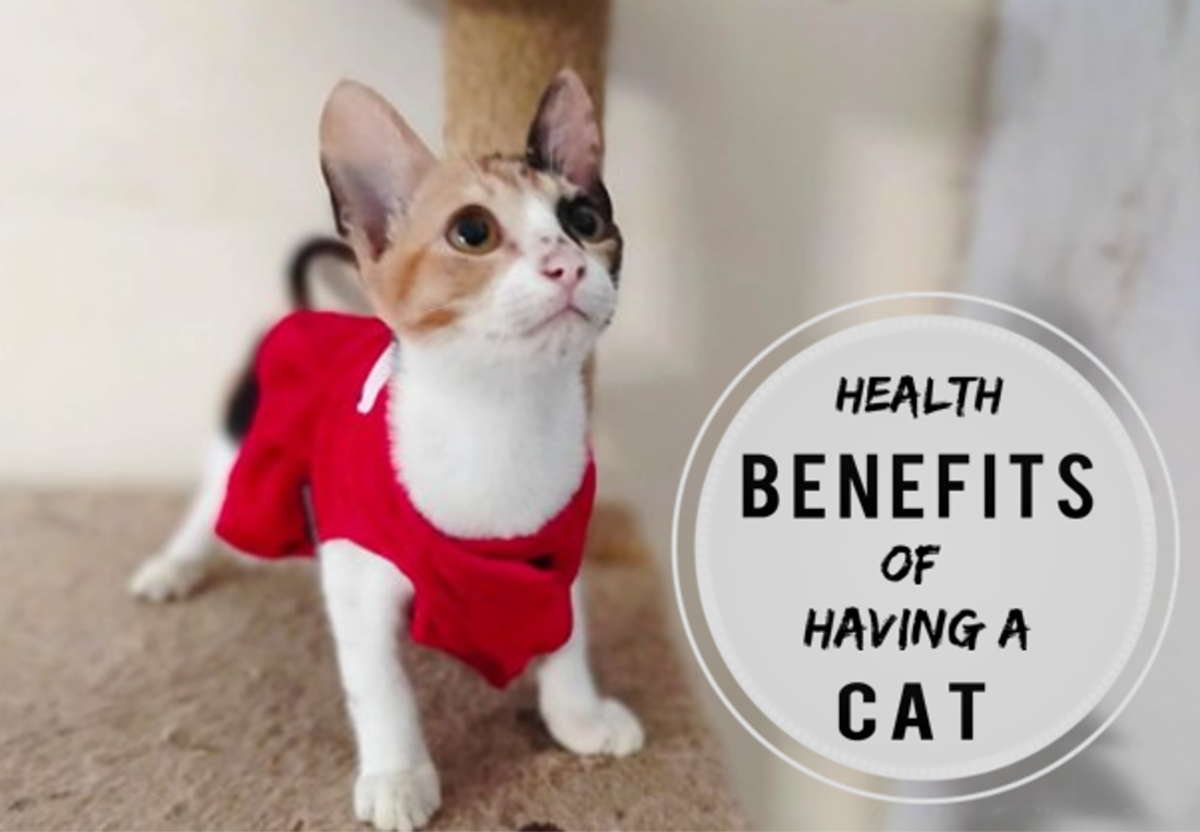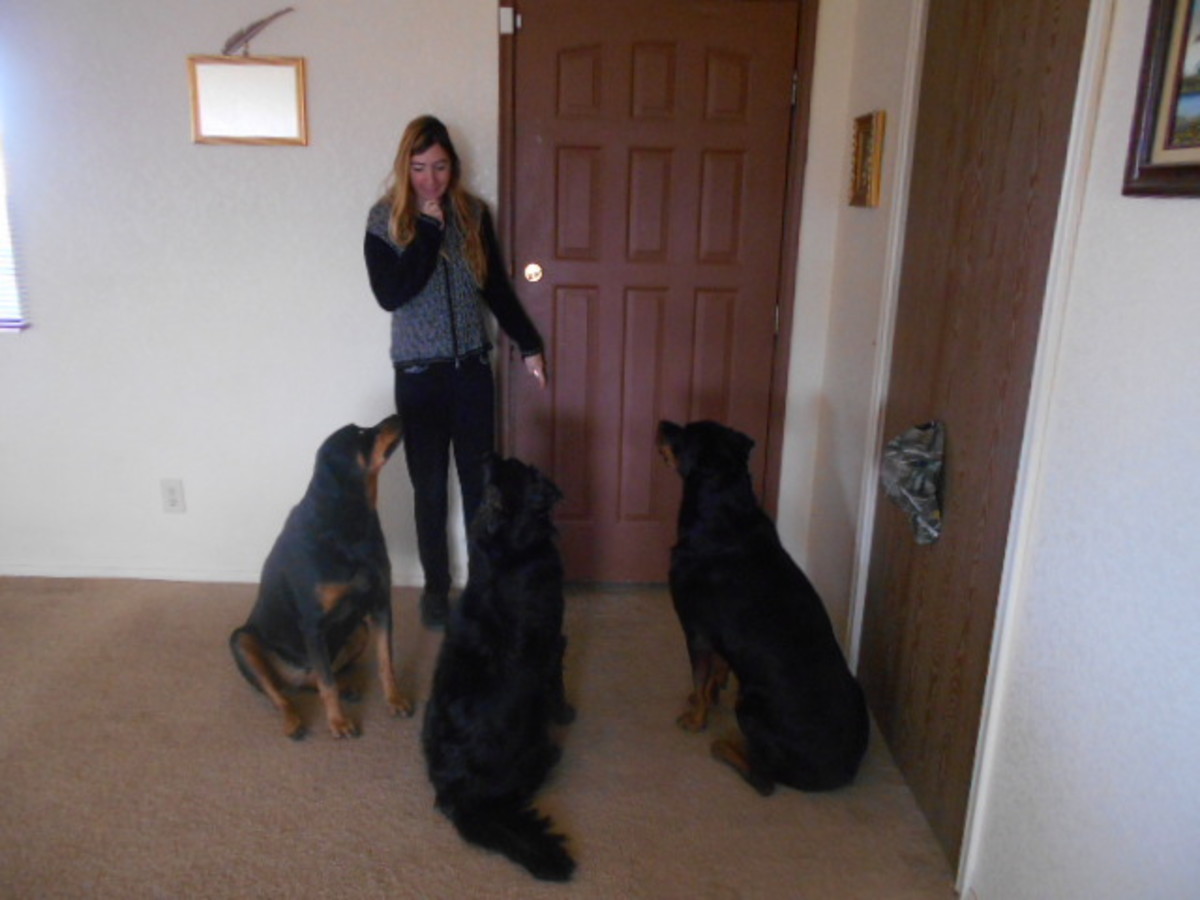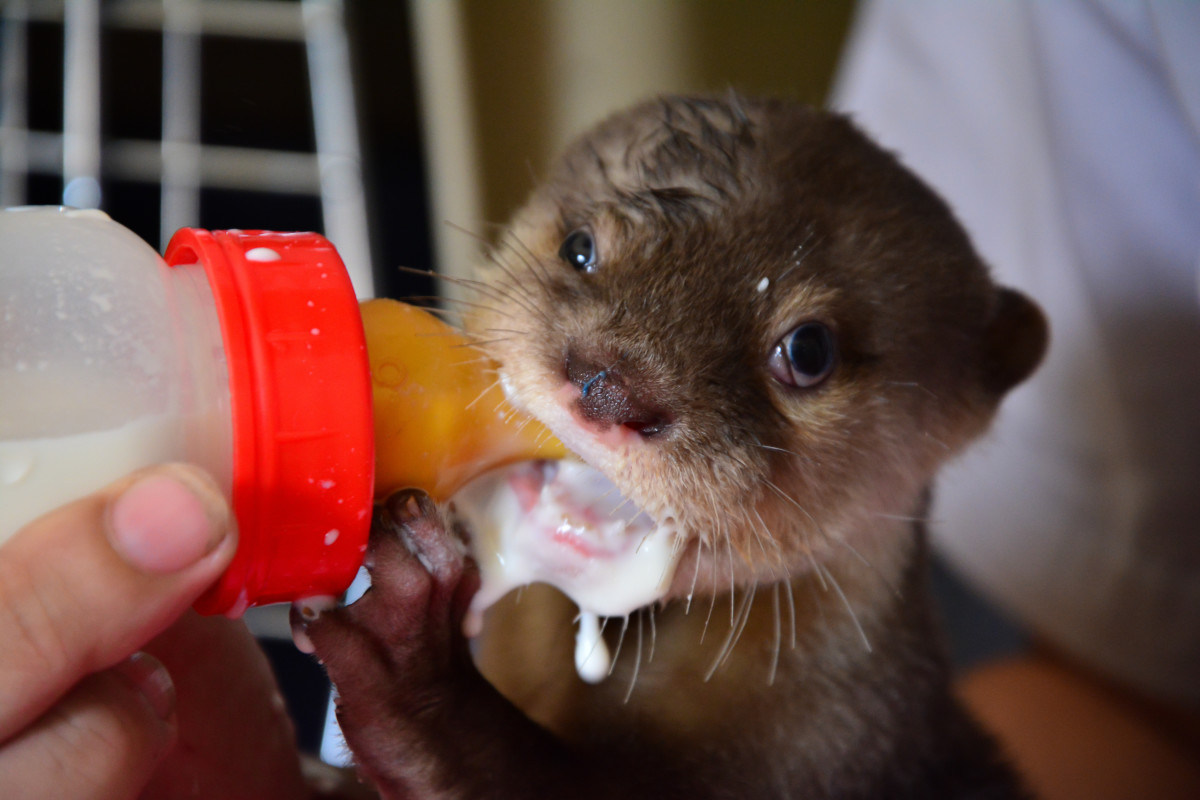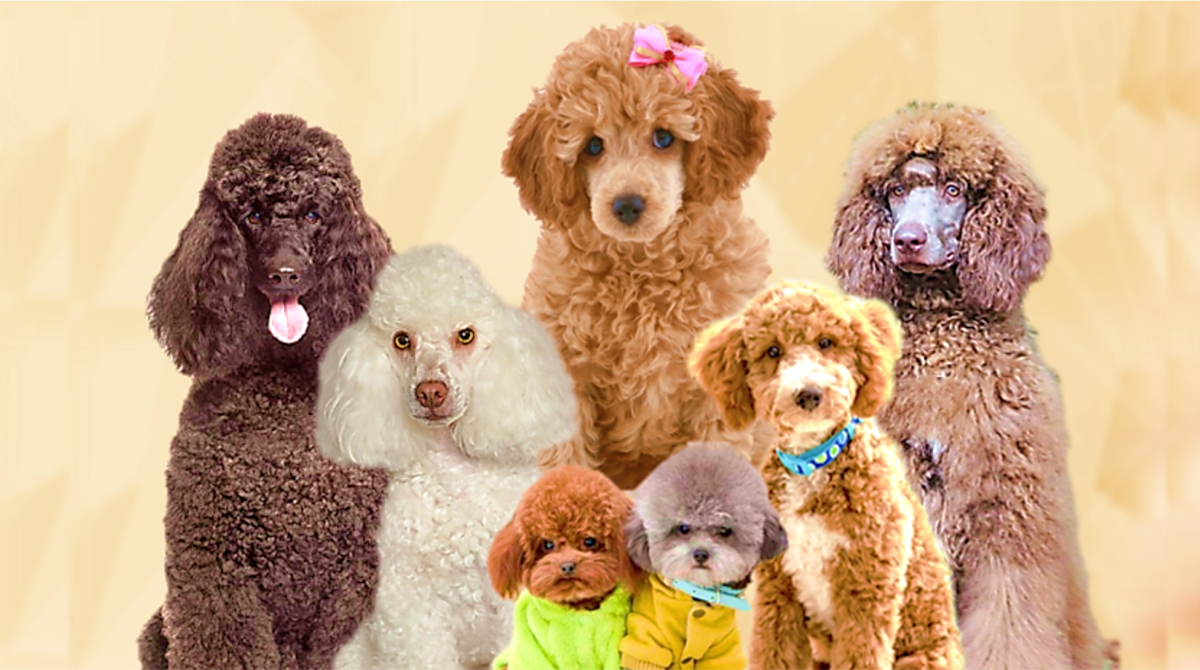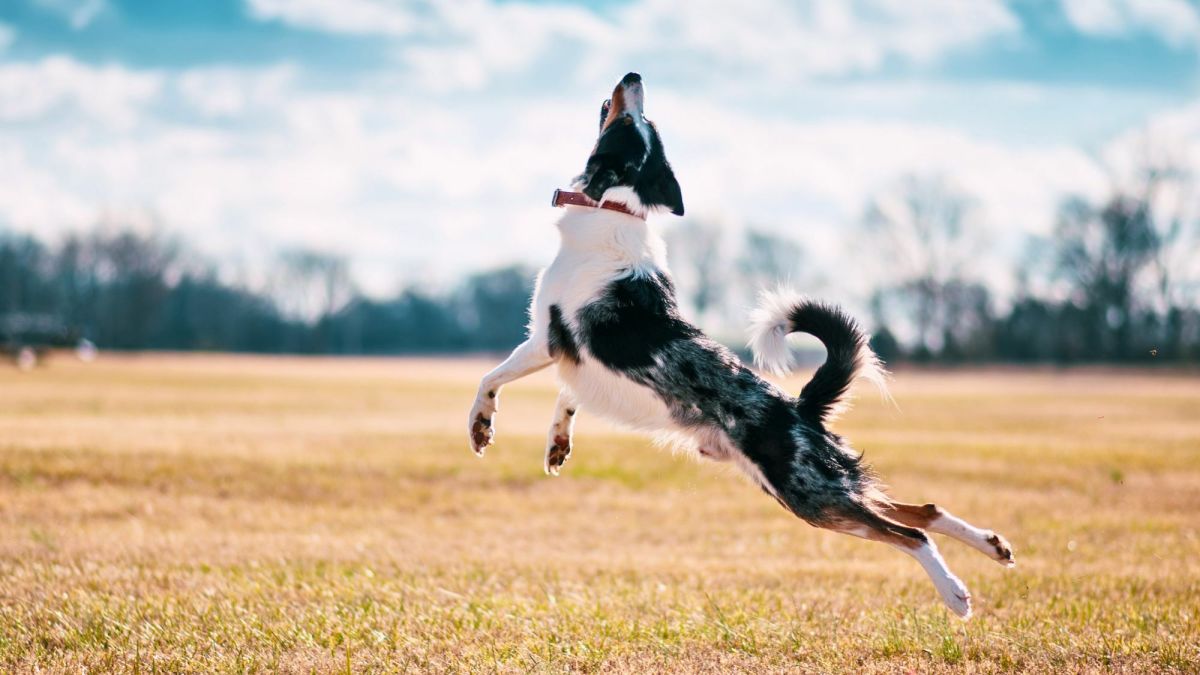Growing up With Animals
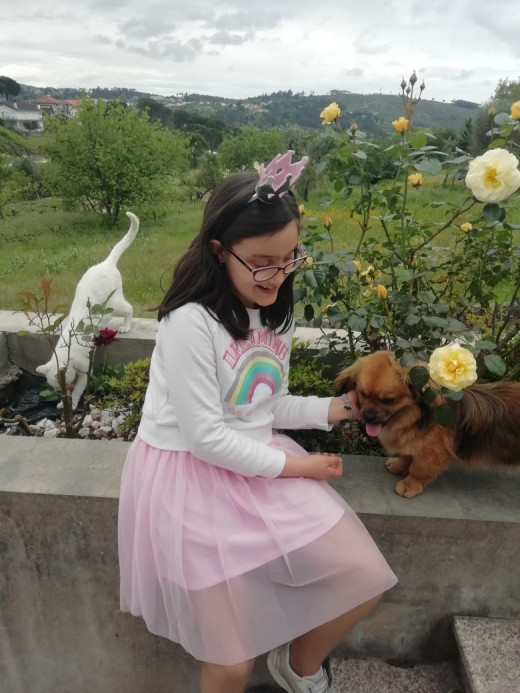
There are seven of us at home. Four people and two animals. We started out as a family of four a lost baby kitten start to visit us. It was alone and I still had the benefit of the doubt that the mother could have gone out to get food. For two days we watched her to see if her mother was coming back. It never happened, so two days later we adopted White. Our dog came to us when my uncle's dog had puppies and there were no owners for everyone. And so, Balu became part of the family. He has been with us for a few years and is the most beloved and friendly dog, everyone loves him here in the area and it seems that he perceives us whenever we talk to him.
When my daughter was born (my son was already 4 years old when we adopted White) we read a lot about how to introduce a baby to pets. We didn't want to start off on the wrong foot and wanted a smooth, smooth transition. After the first night in the maternity ward, my husband came home and brought two dirty clothes from our baby so they could smell and leave the new odor around the house. So when I came home with the baby, her scent was no longer completely foreign, and, with supervision, we let them smell the new family member at will.
THE ADVANTAGE OF HAVING A DOG
We have a full house and we can’t do without their company. There are several obvious theories by which a pet can improve our lifestyle - dogs promote walking, encourage social life and make us happy by the unconditional love they convey to us. But the big truth is how much they contribute to our health by bringing the outside in. Yes, those dirty paws on the floor, carpets and furniture and the stench are really worth it! In all this dirt there are millions of microbes that make our clean lives much closer to the outside.
Having a dog influences our microbial flora, as it promotes its change and diversification. Having a dog that goes outside and letting it interact with children is beneficial to their health. Epidemiological investigations show that children exposed to dogs early in life have a lower risk of developing asthma and allergies. According to a 2013 article, published in the Journal of Allergy and Clinical Immunology, exposure to a dog during pregnancy or before the first year of age reduces the risk of developing eczema by 30%. The risk of asthma is reduced by about 20%.
BUT AFTER ALL WHAT'S SO SPECIAL IN DOGS?
The University of California studied this relationship and analyzed the different dust samples in homes with and without dogs. Dog houses had a bacterium, Lactobacillus johnsonnii, which when exposed to mice in the laboratory made them less likely to develop asthma. Therefore, dogs bring from the street and transmit bacteria that make humans less susceptible to immune diseases, which implies that dogs transport probiotic species beneficial to human health.
WHAT SHOULD WE DO
Let our dog play safely and interact closely with our babies and young children. It is a good idea to take the dog to the vet immediately before the baby arrives to make sure everything is okay and to keep all deworming up to date. Letting the dog lick or be around the baby is likely to decrease the risk of developing allergies and asthma, with the added benefit of providing companionship and protection and teaching our children to feel comfortable around animals.
WHAT WE SHOULD NOT DO
Consider adopting a dog just to decrease your child's risk of developing asthma. Having a pet takes a lot of work and they deserve to be cared for by dedicated people, who provide them with food, veterinary care, and entertainment. If you can't have one at home, expose your children to dogs they know and trust.

